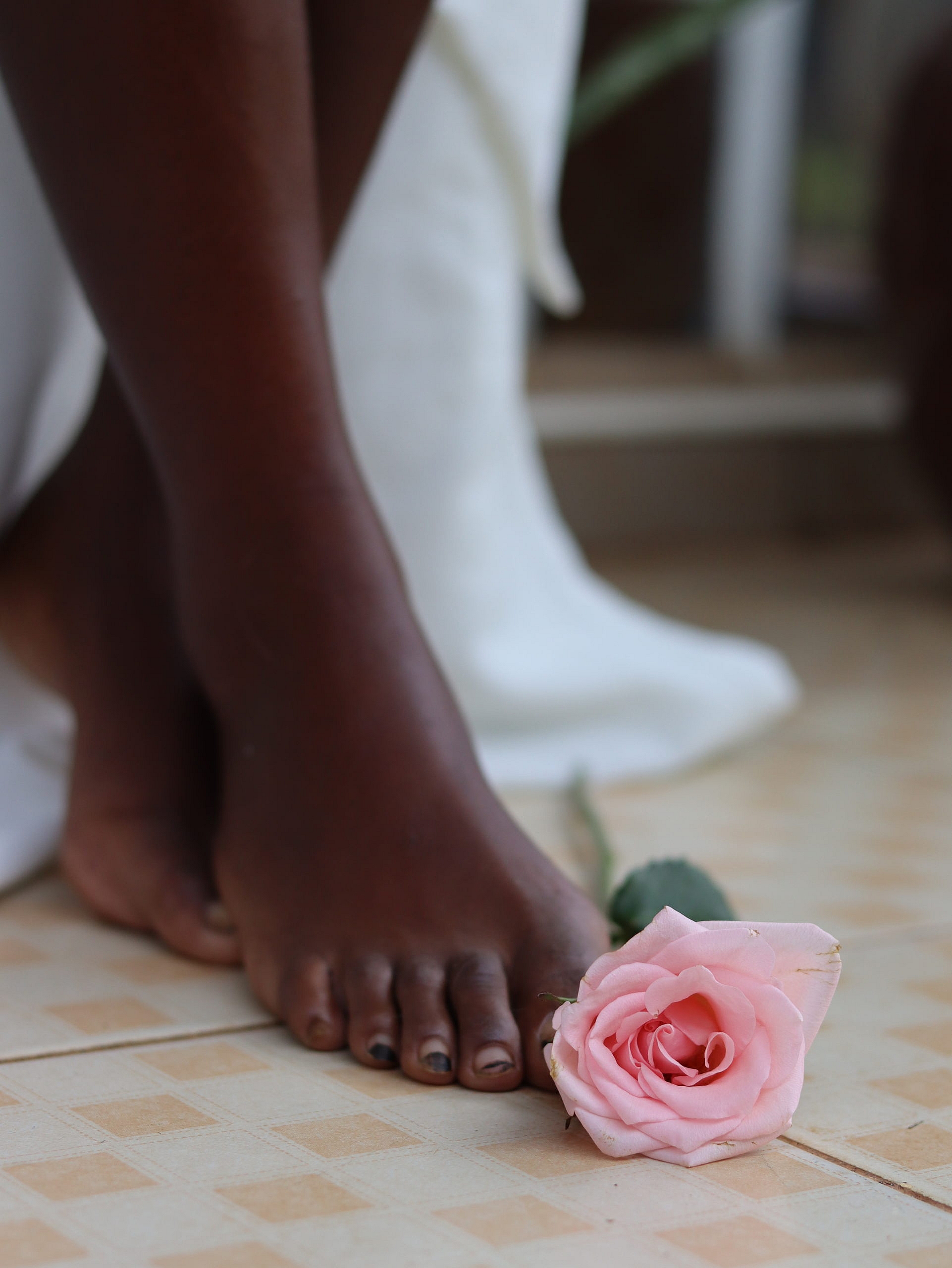Written by Omekedo Efemena Obialunamma
*Please note that names are changed to protect the identity of the women whose stories are shared in this post.
Abortion is still a taboo topic in many African societies. To obtain abortion services, many women and girls are subjected to unethical methods. These women are given access to illegal procedures, which has only expanded the number of risky and hazardous operations that women must undergo in order to make decisions about their bodies. Due to this, there are now more people dying from unsafe abortion techniques, and misoprostol is increasingly being sold to induce abortions. Because of discrimination and restrictions imposed by the government and larger society, women are compelled to do treatments that endanger their bodies under the table. Many people have referred to the repeal of the Roe v. Wade law as “dangerous and reversing the battles and rights of women” in the United States.
Beyond the physical impact unsafe abortions have on African women and girls, society frequently overlooks the psychological and emotional costs incurred.
Mary who shares her post-abortion story explains, “I was relieved not to be pregnant again, however, the guilt I felt ate me up for a year. I killed a baby. I killed my baby. A friend of mine jokingly said the child might have become a president one day. Although I laughed with her, it stung. I still feel like I made a mistake to date.”
The perception of abortion as a filthy rag that should not be discussed is cultivated in African women and girls. Mothers frequently preach against sex and also caution their kids about the moral and religious ramifications of abortions.
Aisha shares her abortion story saying, “I was sexually assaulted and I got pregnant. I remember looking at the test stripe and seeing double lines. My whole world stopped at that moment. After having the abortion, I bled for a week. My mother was curious as to why I could not leave my bed for a week but I could barely tell her why. I have never felt more lonely in my life before. There was nobody to talk to or explain that I had been raped and got pregnant as a result of it. Yes, abortions are necessary, but I wish therapy can be provided as well.”
For African women and girls, having an abortion can be an extremely isolating process. African women and girls are educated to view premarital sex as forbidden and abortions as a sin that cannot be forgiven. Abortion is a lonelier experience as a result of these social perspectives on the procedure. Abortions involve more than just getting rid of an undesired fetus. Women and girls are brave for choosing their bodies and fighting for their rights against the law and societal norms. Safe and legal abortions would only create a space for counseling and a community of shared experiences. Women’s post-abortion syndrome is so frequently disregarded.
Mandy explains, “After I had my abortion, my boyfriend asked me to be grateful that we did not have to cater for a child. I however could not explain to him my regret, sadness and the complete isolation I felt after the procedure. It was a lonely experience because as much as I was grateful not to be a disgrace to my family, there was this emptiness.”
Many women and young girls who have had abortions report experiencing conflicting personal values or views as well as stigma-related anxiety. These pre-abortion emotions influence some of these women’s post-abortion emotions.
Kan, a divorced mother of three, shares about her experience, “When I was pregnant with my last child, my marriage was on the verge of collapsing. I hated myself for getting pregnant and wished not to have the baby. I considered an abortion and even shared it with a close friend. I am however a strong believer and I go to church. My conscience would not let me and I hoped the baby might save my marriage. It did not. Do I regret my actions? I do. However, I have a lovely boy today.”
Kan, like many other women, struggles with her personal convictions over the abortion debate. In contrast to Kan, some women who choose to have an abortion wind up dealing with post-abortion syndrome with little to no counselling.
What symptoms might someone have after an abortion?
- Mood changes
- Nightmares
- Flashbacks
- Regret
- Relationship problems
- A decline in self-esteem
Fear of future pregnancies, and many other symptoms are among the warning indications.
To young girls and the women who are battling post-abortion syndrome, I want to emphasize the fact that you are not alone. You did a great job choosing your body and yourself. Speak with a dependable friend, read up on publications about post-abortion syndrome, and keep in mind that you made the correct choice for you.







